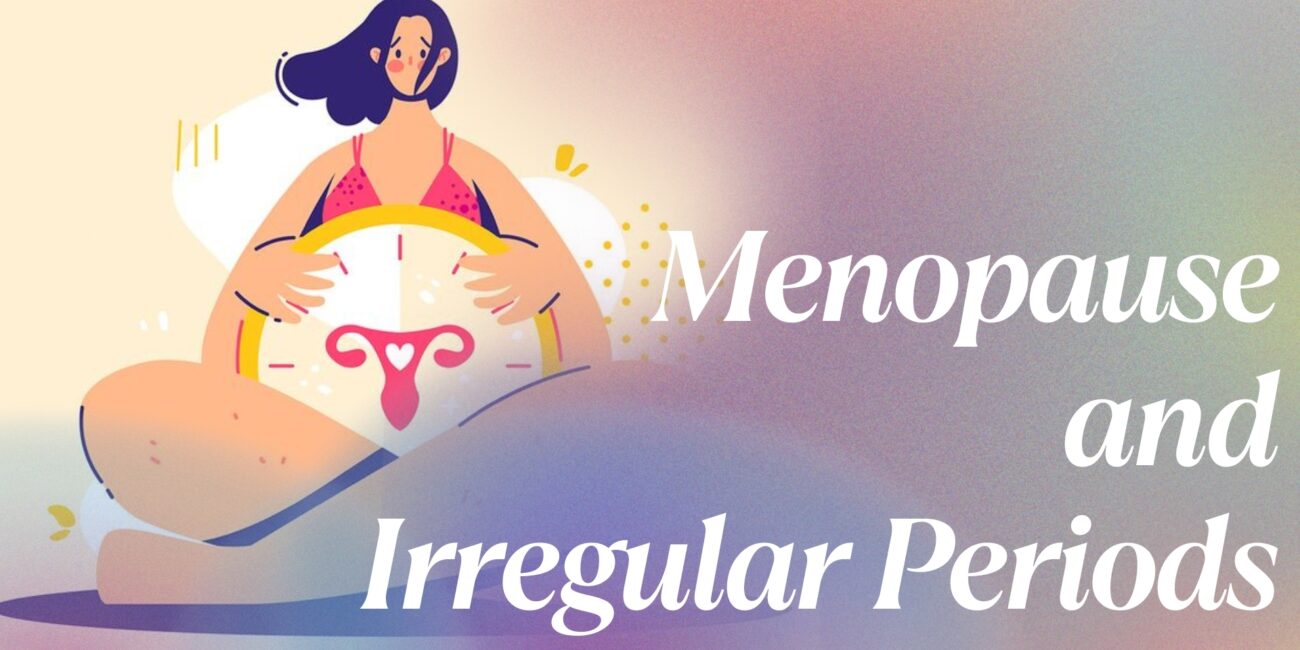What is Perimenopause?
The transitional phase preceding menopause, known as perimenopause, marks a significant period in a woman’s life, characterized by fluctuating ovarian function and hormonal changes. This stage can have profound effects on various aspects of health, particularly regarding reproductive health and migraine patterns. During perimenopause, the levels of hormones such as estrogen and progesterone can vary widely, leading to an array of symptoms, including the potential triggering or worsening of migraine attacks.
The Role of Estrogen
Estrogen plays a crucial role in this complex interplay. It is involved in numerous bodily functions, including regulating the menstrual cycle and maintaining reproductive health. Fluctuations in estrogen levels during perimenopause can lead to a variety of symptoms, such as hot flashes, night sweats, mood swings, and notably, migraines. Research has shown that estrogen not only influences the frequency and intensity of these recurrent headaches but also affects brain chemicals like serotonin, which is known to play a significant role in headache disorders.
Hormonal Changes and Migraine Susceptibility
Many women who experience migraines related to hormonal changes—such as those occurring during menstruation, pregnancy, or while using hormonal birth control—often find that these patterns persist or even intensify during perimenopause. The interplay between hormonal fluctuations and migraine susceptibility is well-documented in scientific literature. Studies indicate that women in perimenopause are particularly vulnerable to these changes, experiencing more frequent and severe migraine episodes.
How does menopause impact this chronic headache ?
The type of menopause a woman undergoes can also impact her experience with migraines. Research indicates that approximately 60% of women report an improvement in their migraine symptoms following natural menopause. This improvement is often attributed to the stabilization of hormone levels post-menopause. However, women who undergo surgical menopause, particularly those who have had their ovaries removed, may experience a different trajectory. Surgical menopause can lead to a sudden drop in hormone levels, which can exacerbate the symptoms instead of alleviating them.
Duration of Perimenopause
Understanding the duration of perimenopause is complex, as it can vary significantly from one individual to another. The average duration of this transitional phase spans from 4 to 8 years, but factors such as genetics, lifestyle, and overall health can influence the length of time a woman may experience perimenopause. Some may find that their perimenopausal symptoms resolve more quickly, while others may face prolonged challenges.
Triggers: Hormonal Fluctuations and Migraines
It is crucial to recognize that any abrupt changes in estrogen and progesterone levels during this phase can trigger or worsen this severe headache, not solely the withdrawal of estrogen. Hormonal fluctuations can create a sensitive environment for women prone to these attacks. For instance, a sudden drop in estrogen, which can occur before menstruation or during significant life changes, may trigger a throbbing pain Conversely, an increase in progesterone can also influence migraine patterns.
Strategies for Managing Migraines During Perimenopause
Managing these hormonal fluctuations is essential for women navigating the perimenopausal phase. Lifestyle modifications, such as regular exercise, a balanced diet, and adequate hydration, can help mitigate some migraine symptoms. Additionally, keeping a diary to track triggers and patterns can be beneficial in identifying specific hormonal influences. This can assist healthcare providers in recommending appropriate treatments, which may include hormonal therapies, lifestyle changes, or alternative therapies.
Seeking Professional Help
Consultation with healthcare professionals is essential for personalized strategies to manage headaches during perimenopause. They can offer guidance on the most effective methods to maintain overall health while addressing concerns related to migraine disorders.
Conclusion: Navigating Perimenopause and Migraines
In conclusion, the perimenopausal phase is a complex and often challenging time for women, marked by significant hormonal fluctuations that can trigger or worsen the symptoms. Understanding the relationship between these hormonal changes and the severe headache patterns is crucial for effective management. By recognizing the importance of hormonal balance and employing strategies to navigate this transition, women can better cope with the challenges of perimenopause and improve their quality of life.
Sources:
https://www.healthline.com/health/migraine/changes-in-perimenopause#whento-see-a-doctor





 No products in the cart.
No products in the cart.